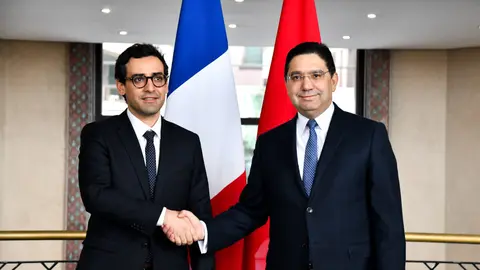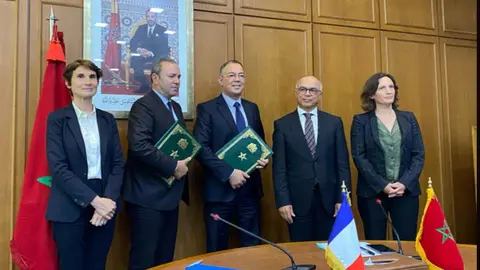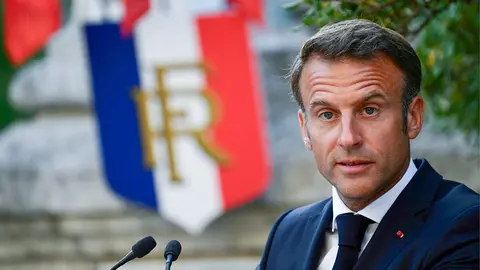Morocco and France committed to the development of Western Sahara
Principle of agreement between the French country and the Moroccan kingdom to increase investment and development in the southern provinces, in particular in relation to the city of Dakhla
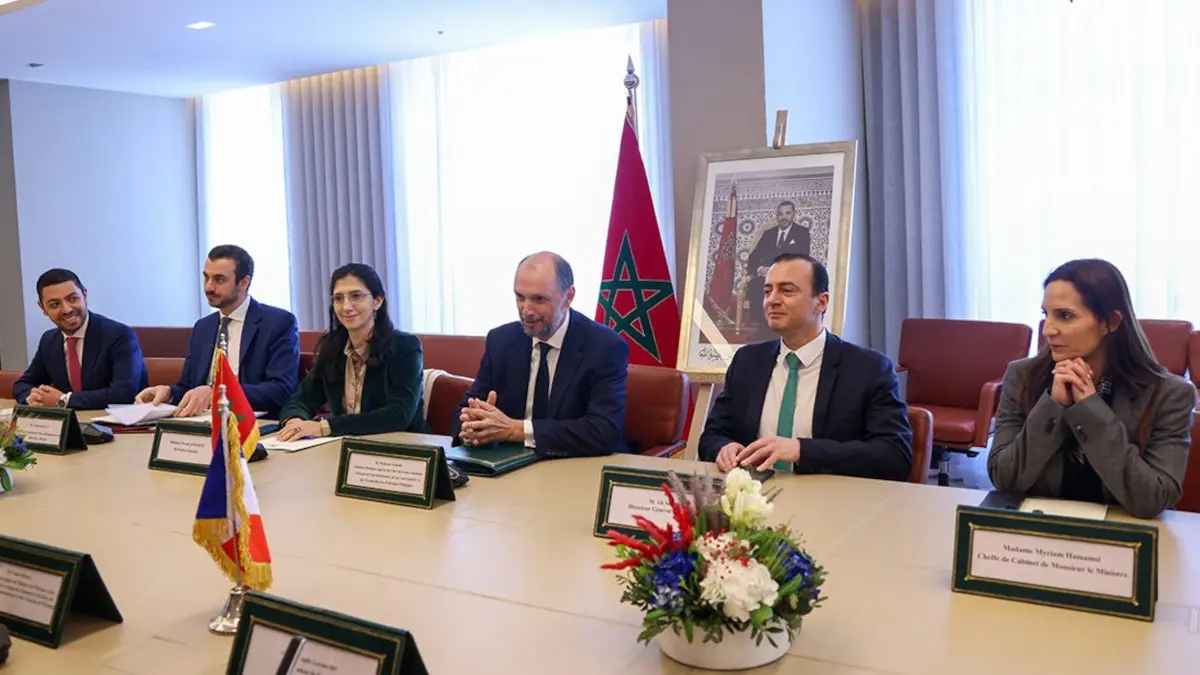
With a view to improving Franco-Moroccan relations, diplomatic bodies France and Morocco, led by the Foreign Ministers, have committed themselves to improving investment and development in the technological and industrial sector of Western Sahara.
Relations between Morocco and France have long been strained due to Paris' ambivalent stance on the Western Sahara conflict. But in recent months, it has taken active steps to repair broken bilateral relations with Rabat.
Point de presse conjoint entre M. Nasser Bourita et son homologue français, M. Stéphane Séjourné.@steph_sejourne @francediplo pic.twitter.com/0GdB103ff6
— Maroc Diplomatie 🇲🇦 (@MarocDiplomatie) February 26, 2024
Since the beginning of a new era of diplomatic relations, the business sector has become a key element of the strategy to strengthen relations with Morocco. France pursued a different strategy to improve diplomatic relations with the Moroccan kingdom. Paris is interested in investing in Western Sahara, in the south of the country, according to Morocco World News.
Unlike Spain, which initially recognised Morocco's sovereignty over Western Sahara and promised future investments, France seems to have chosen the strategy of implementing investment plans for Western Sahara before formally recognising Moroccan sovereignty.
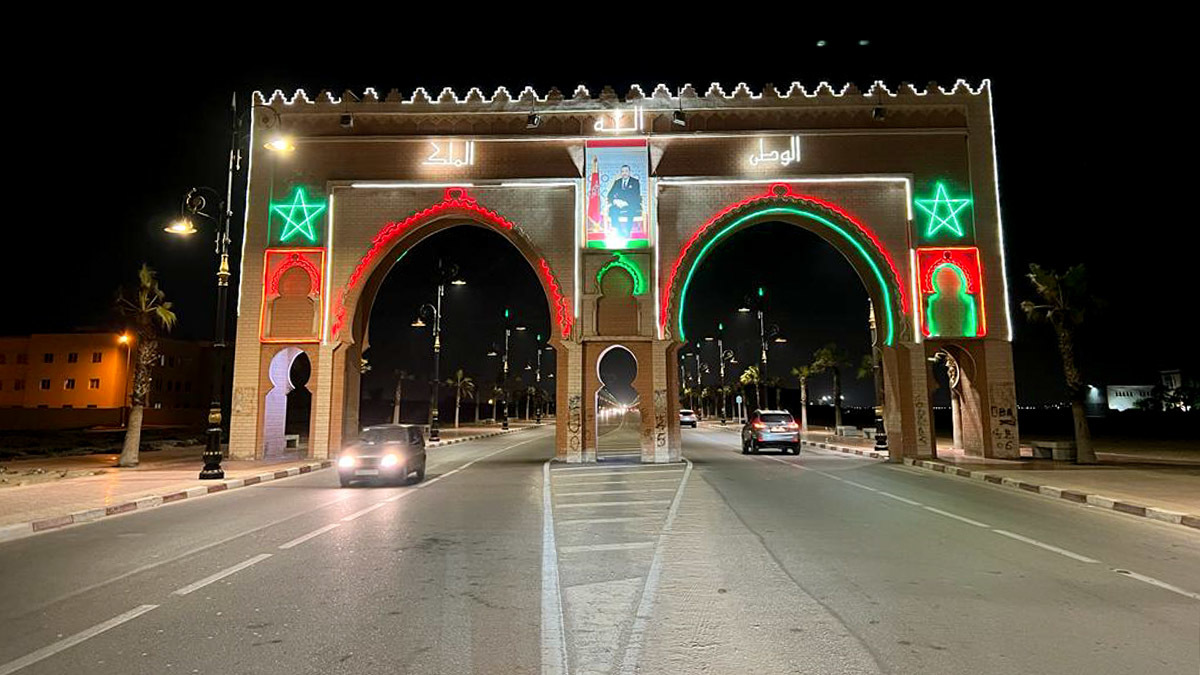
The French minister said during a two-day visit to the North African nation that they were "ready to support these efforts", noting that a subsidiary of the French Development Agency (AFD) could help finance the high-voltage power grid linking the city of Dakhla to the capital Casablanca.
During the visit, the French Foreign Minister, Frank Riester, reaffirmed the new position on relations and praised the development of cooperation between the two countries, noting that these relations are destined for "a future as strong" and will bear fruit as our common past.
Riester underlined the fundamental role of economic and commercial cooperation in strengthening the lasting friendship and partnership between Morocco and France. He concluded that Paris is working to strengthen development cooperation with Rabat, stressing the importance of expanding cooperation and improving coordination in areas such as health, agriculture, agro-industry and new technologies.
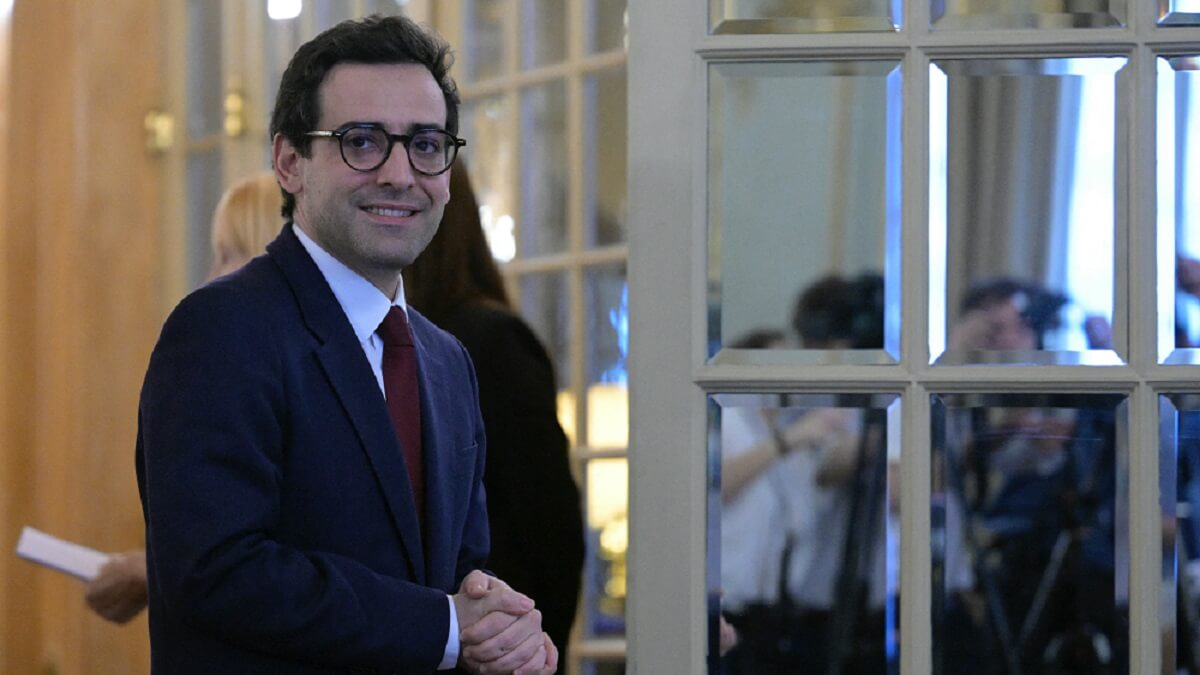
The Morocco World News report highlights France's efforts to take bold steps to repair strained bilateral relations with Morocco at a time when Moroccan observers and officials have long protested Paris' ambivalent attitude towards Western Sahara.
As Morocco has become increasingly assertive and distanced itself in recent years, many have argued that France's ambivalence towards the Sahara was the main reason it decided to renegotiate its long-term strategic partnership with the French republic.
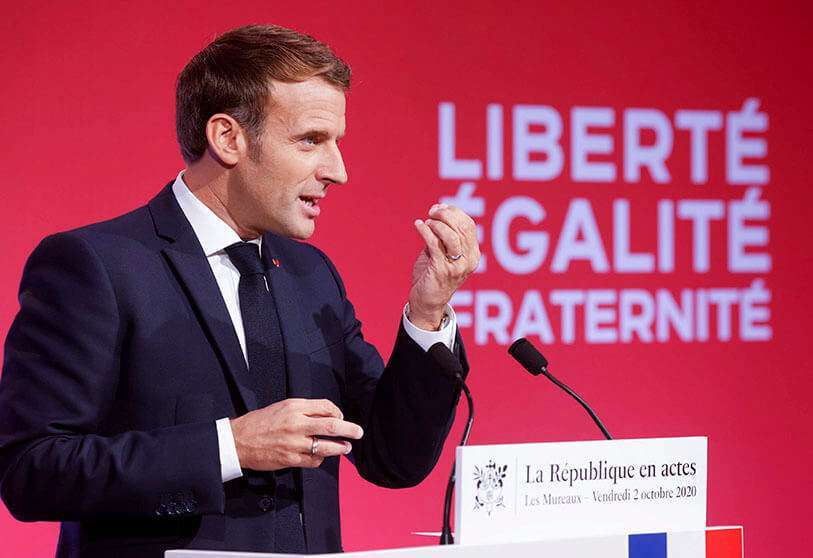
Morocco is a country on the rise and France is well aware of this. Although Rabat's development has been thanks to local development and the exploitation of resources in sectors such as agriculture with phosphates, or the development of electric cars thanks to the low cost of manufacturing batteries, it would not have been able to reach its current level of development without the collaboration of third countries.
Réunion de travail entre le Ministre @mohcine_jazouli et M. @franckriester, Ministre délégué auprès du Ministre de l’Europe et des Affaires Etrangères, chargé du Commerce Extérieur, de l’Attractivité, de la Francophonie et des Français de l’Etranger (1/2) pic.twitter.com/EE62n5FMTf
— MICEPP (@miceppgov_ma) April 4, 2024
The American and Israeli commitment to security, agreements with Spain on infrastructure and international agreements such as the fisheries agreement with the European Union (EU) - the most important fisheries pact in the world - are only the basis on which the Alawi nation has built its development and achieved levels of growth never seen in its recent history.
France does not want to be left behind. The closeness in culture and the barriers they break down by sharing a common language should be reason enough for relations, which are becoming ever closer, to be even more fruitful, and from which both states will derive important benefits.

